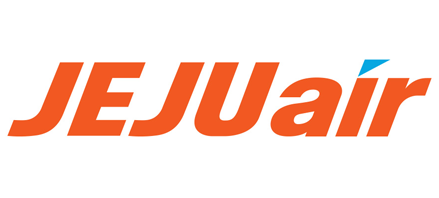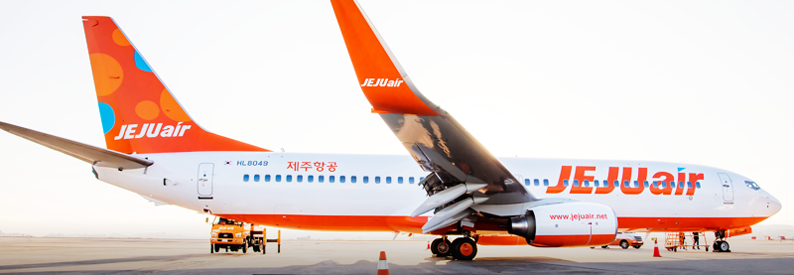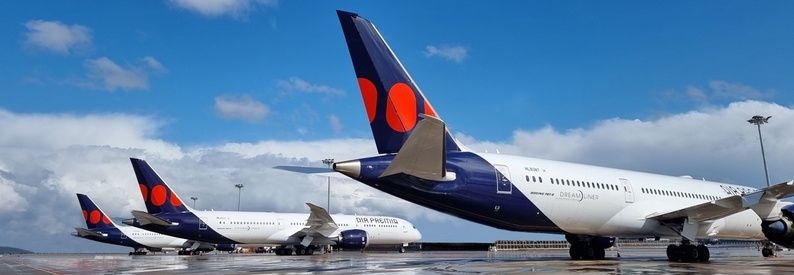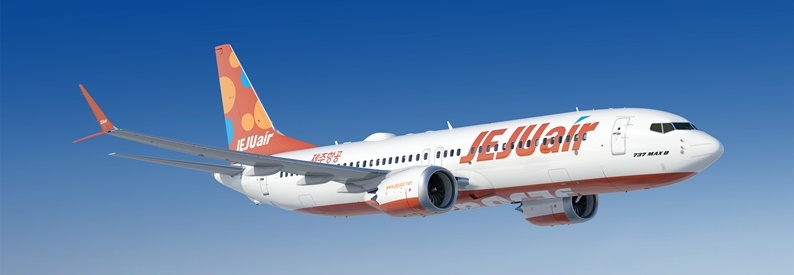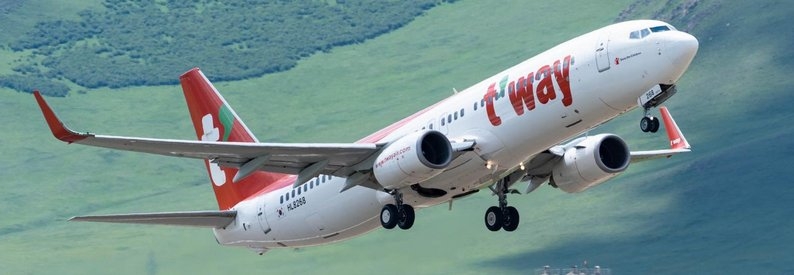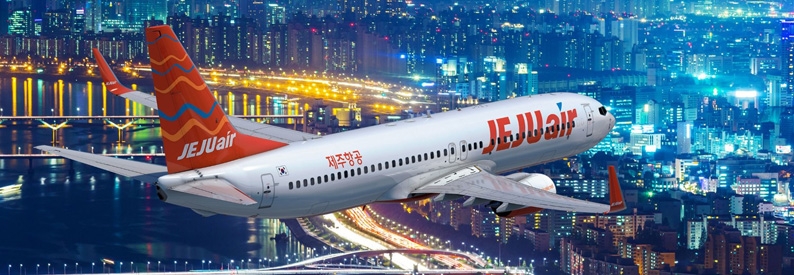South Korea's Ministry of Land, Infrastructure, and Transport (MOLIT) has ordered a safety audit of all B737-800s registered in the country, including cargo variants, following a crash of an aircraft of the type operated by Jeju Air (7C, Jeju) on December 29, 2024, at Muan airport.
"We plan to look into whether various regulations are being properly followed based on records such as the operating records, inspections, and maintenance performed before and after flight operations," a ministry official stated during a press briefing.
The government said the inspections would start on December 30 and were tentatively scheduled to finish by January 3, 2025. They will encompass a total of 101 aircraft, including 39 operated by Jeju Air, 27 by t'way Air, 19 by Jin Air, ten by Eastar Jet, four by Air Incheon, and two by Korean Air.
The ch-aviation Commercial Aviation Aircraft Data module shows that 95 of these aircraft are passenger B737-800s. The pool also includes two B737-800(BCF)s operated by Jeju Air and four B737-800(SF) operated by Air Incheon. The government did not specify if it would also audit the six P-8 Poseidons, based on the B737-800(ER) type, in service with the Republic of Korea Air Force and Republic of Korea Navy. The inspections will not cover the B737-8 variant, which is in service in South Korea with Eastar Jet, Jeju Air, Jin Air, Korean Air, and t'way Air.
The ministry will also audit Korean airports to evaluate whether localiser antennas were installed in accordance with international safety standards.
Jeju Air's B737-800, HL8088 (msn 37541), crashed after a gear-up landing at Muan airport, arriving from Bangkok Suvarnabhumi. The aircraft burst into flames after hitting a concrete wall surrounding the localiser antenna, located outside the runway end safety area. Only two persons out of 181 on board survived the accident.
